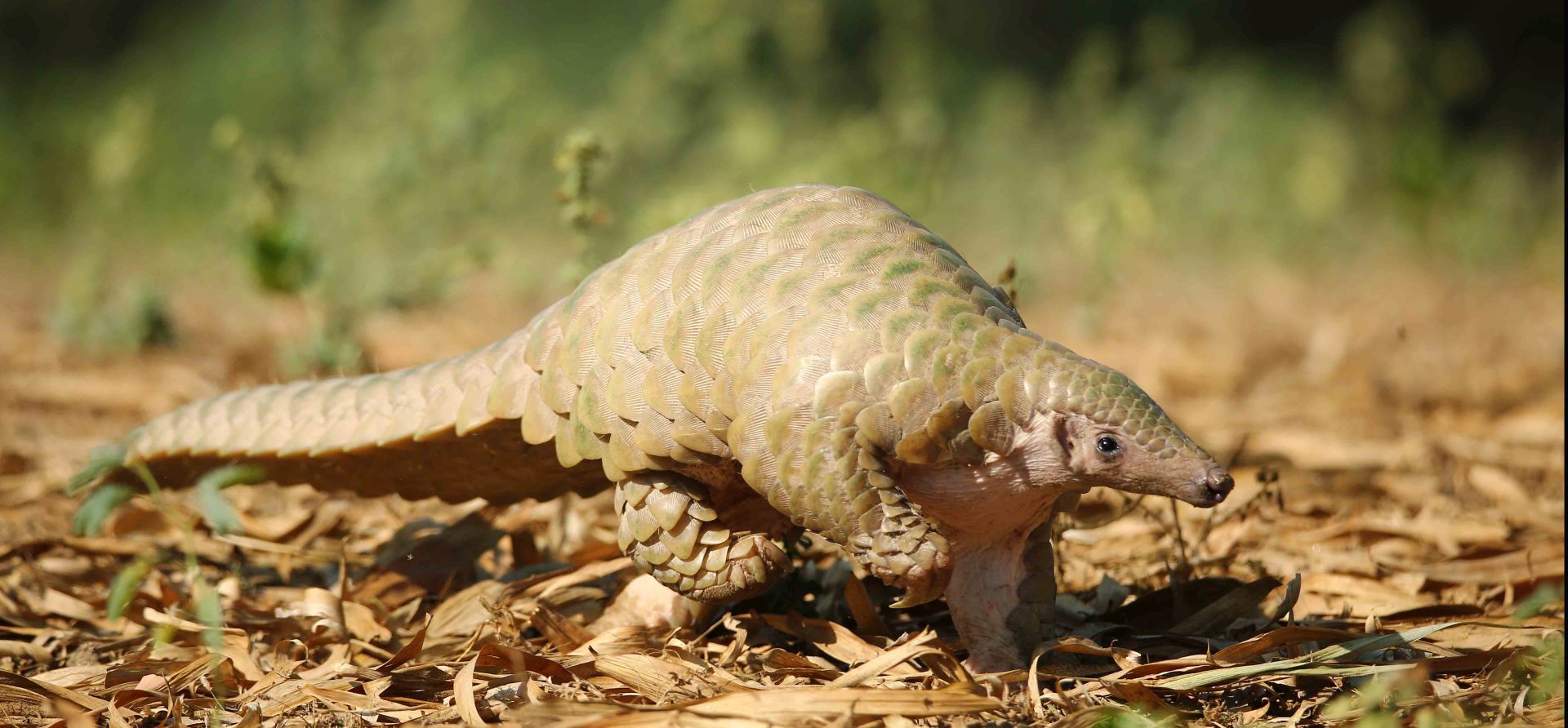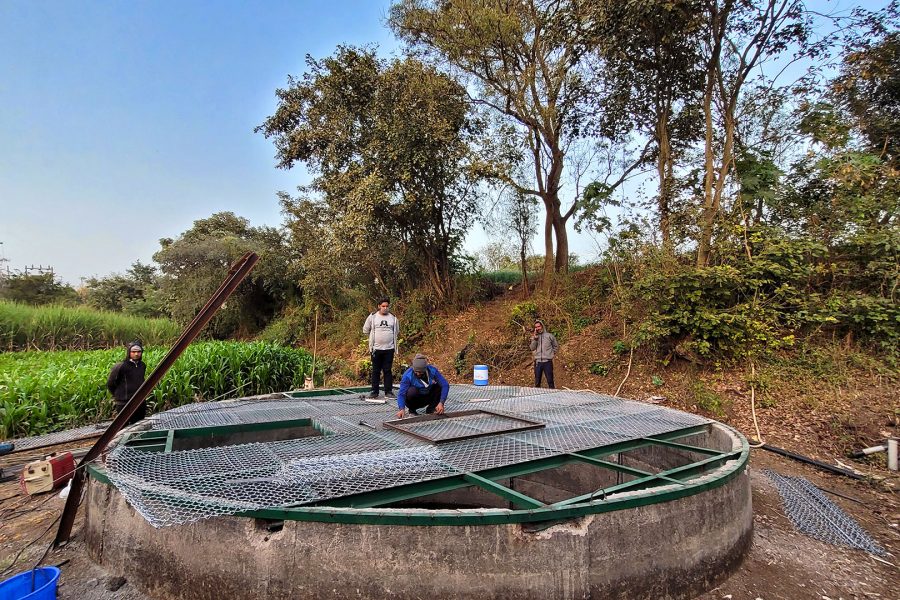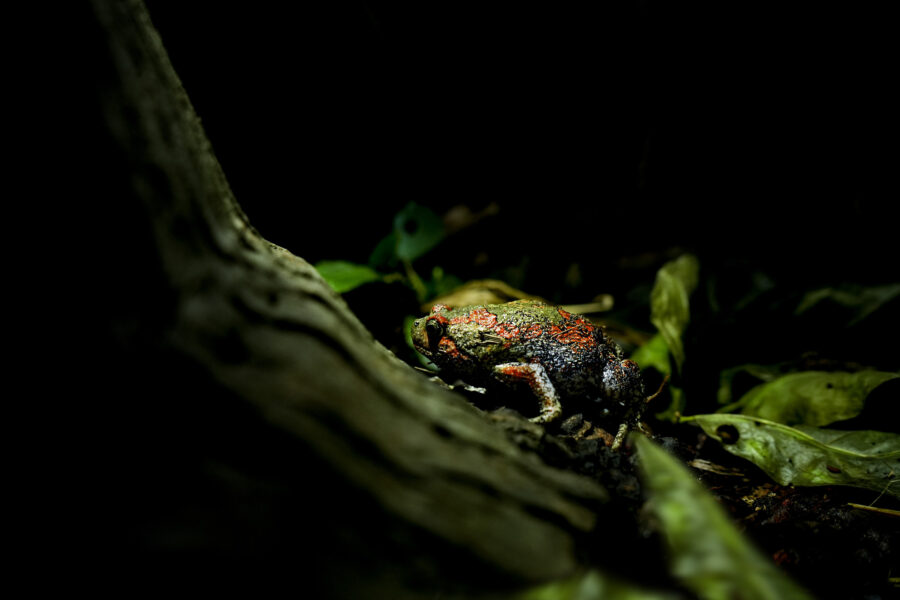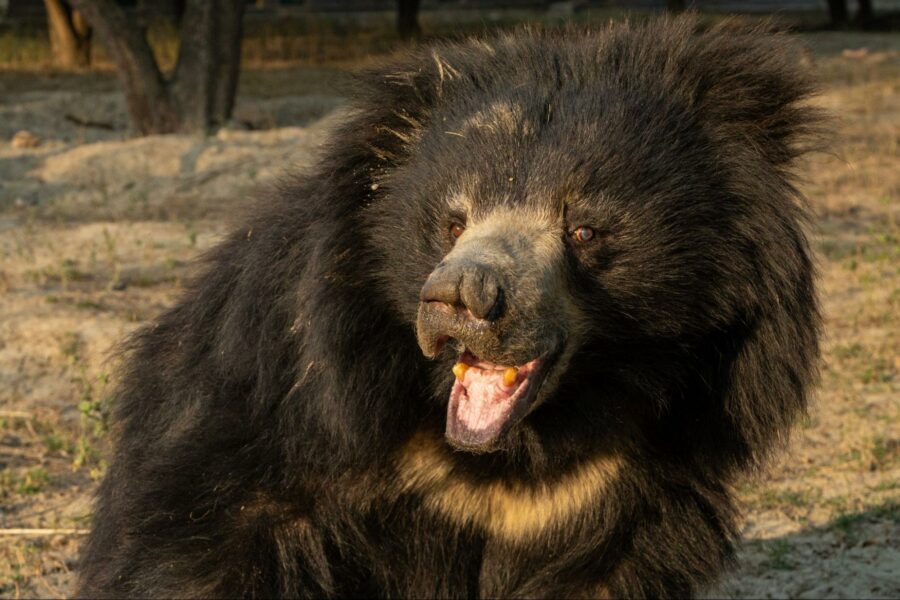The Pangolin is an incredibly shy and reclusive mammal that bears the unfortunate tag of being the world’s most trafficked animal. The species has gained this dubious distinction due to the massive demand of Pangolin meat and scales in the international black market. Pangolin fetuses are considered a special delicacy while their scales are used in traditional Chinese medicine. Despite research proving that there are no proven health benefits of consuming the scales in medicinal form, the demand continues to skyrocket. Some superstitious beliefs also proclaim that keeping a pangolin in the house brings wealth, thus making these animals unlikely victims of the burgeoning illegal pet trade across the world.
Eight species of pangolins are found on two continents – Africa & Asia – their status ranging from Vulnerable to Critically Endangered on the IUCN list. India is home to two species of pangolins – the Indian pangolin and the Chinese pangolin. As of January 2020, three pangolin species (Philippine pangolin, Chinese pangolin and Sunda pangolin) are critically endangered, three (Tree pangolin, Indian pangolin and Giant pangolin) are endangered and two (Long-tailed pangolin and Ground pangolin) are classified as vulnerable on the Red List of Threatened Species of the International Union for Conservation of Nature. As pangolins procreate only once every year, the rapidity with which these animals are being poached is a major cause for alarm.
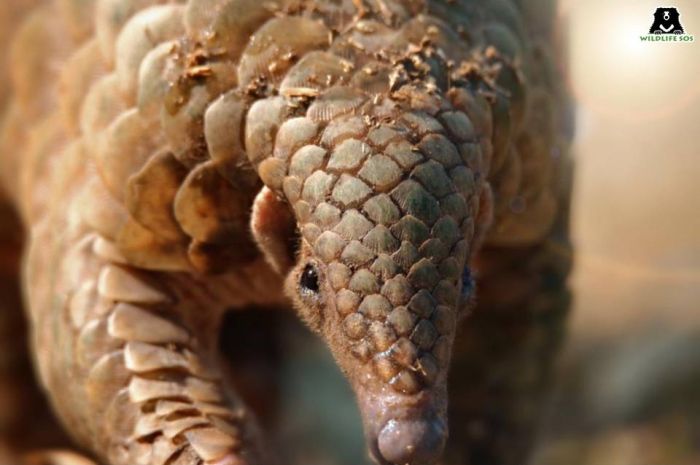
According to news reports, over one million pangolins have been hunted in the past decade, driving the species towards extinction. To raise awareness about these unique mammals — and their plight, conservation experts and enthusiasts have been coming together for ‘World Pangolin Day’, celebrated annually on the third Saturday of February. The first World Pangolin Day was celebrated in February 2012.
Here are some interesting facts about Pangolins and why we need to preserve this unique species!
- The word Pangolin comes from ‘penggulung,’ the Malay word for roller – which stems from the action a pangolin takes in self-defense. A pangolin will cover its head with its front legs, exposing its scales to any potential predator. If touched, it will roll up into a ball, and can use the sharp scales on the tail to lash out.
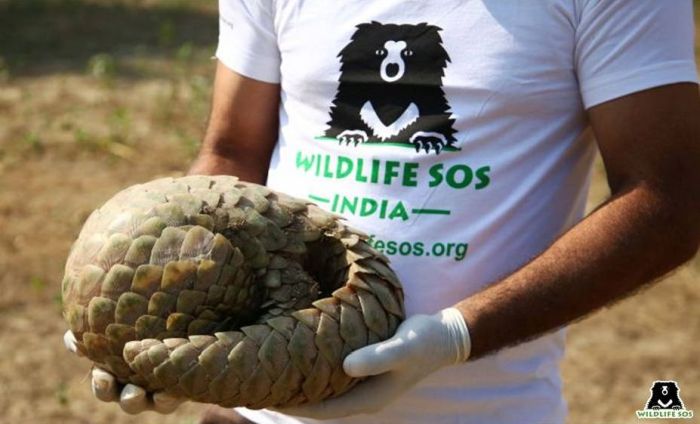
- Pangolins eat ants, termites and larvae. This has given them the moniker of “the scaly anteater.” Because they have no teeth, their sticky saliva aids them in picking up food.
- The pangolin’s sticky tongue can sometimes reach lengths greater than the animal’s body!
- How do pangolins digest food when they have no teeth? Pangolins ingest gastroliths during foraging periods – these small stones help grind the food for easier digestion inside the mammal’s stomach!
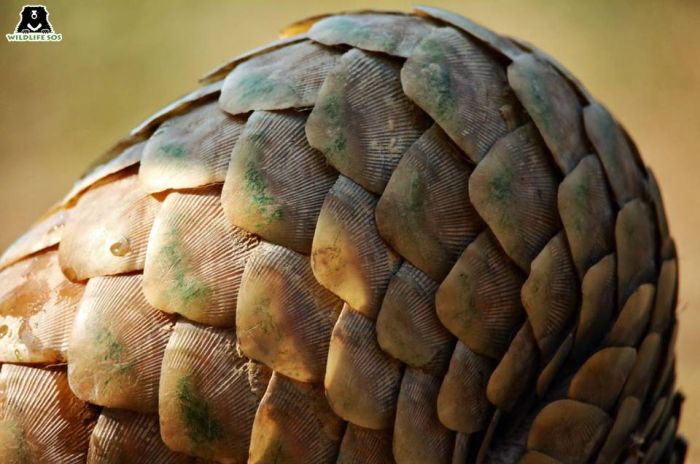
- The demand for pangolin scales is unimaginable – a TRAFFIC report says that an estimated one million pangolins were poached from 2000 through 2013—mainly for their scales. The method of scale removal is also extremely brutal – the animal is boiled alive in simmering hot water.
- Pangolin babies are born with soft scales that harden after two days, and they will ride on their mothers’ tails until they’re weaned at about three months.
- The scales of pangolins are made of keratin, the same substance found in human fingernails. These scales account for up to 20% of a Pangolin’s entire weight.
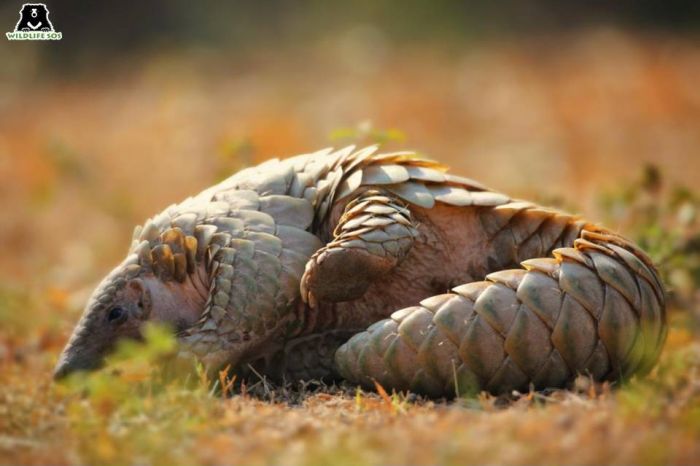
- Apart from wildlife trafficking, encroachment of wildlife habitats for farmlands and additional pressure on pangolin populations is also a major cause for concern.
- Pangolins are the world’s only truly scaly mammal!
- Researchers in China, hypothesized that SARS-CoV-2 (Covid-19 virus) had originated in bats, and prior to infecting humans, had been circulating among pangolins. The illicit trade of pangolins for use in traditional Chinese medicine was suggested as a vector for human transmission. This threat led to fears that pangolins were further endangered by the possible slaughter of thousands of animals to prevent the spread of the Coronavirus.
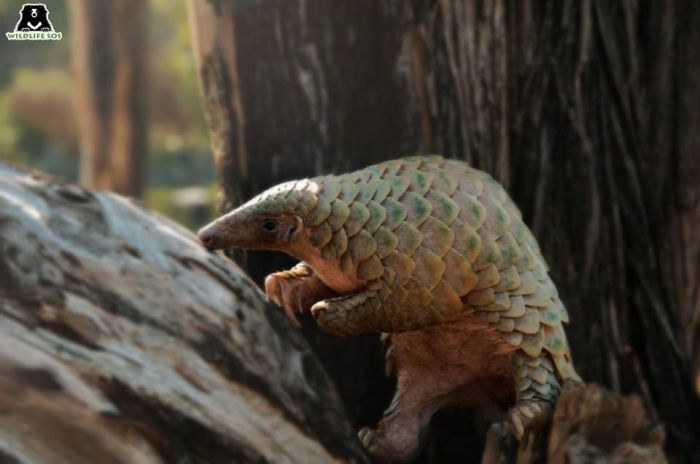
Despite the highest security afforded to pangolins under Schedule I of the Wildlife Protection Act, 1972 and international law, local trade of pangolin meat and scales have been reported in the states of Andhra Pradesh, Kerala, Tamil Nadu, Orissa, Manipur, Tripura, Assam, Nagaland and West Bengal. Large consignments of dead pangolins and scales are seized at national and international borders by enforcement authorities, annually.
Wildlife SOS works towards the protection of endangered species like Pangolins by spreading awareness about the animals and also conducting rescues from conflict situations and wildlife traffickers. You can make a difference too! Educate yourself and those around you about the threats to the Pangolin and make your voices heard. If you happen to notice a pangolin being kept as a pet or come across their scales being sold, reach out to the nearest law enforcement authorities to bring this matter to their attention.
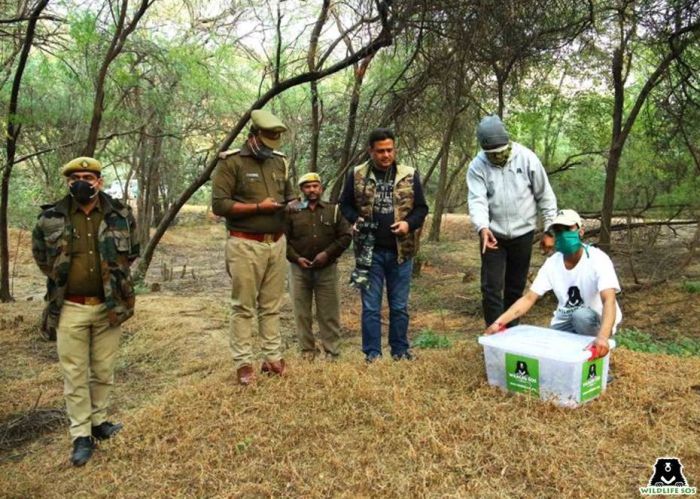
Get to know Pangolins on World Pangolin Day, here.
Let’s pledge to safeguard the pangolin population from further harm on this World Pangolin Day!

